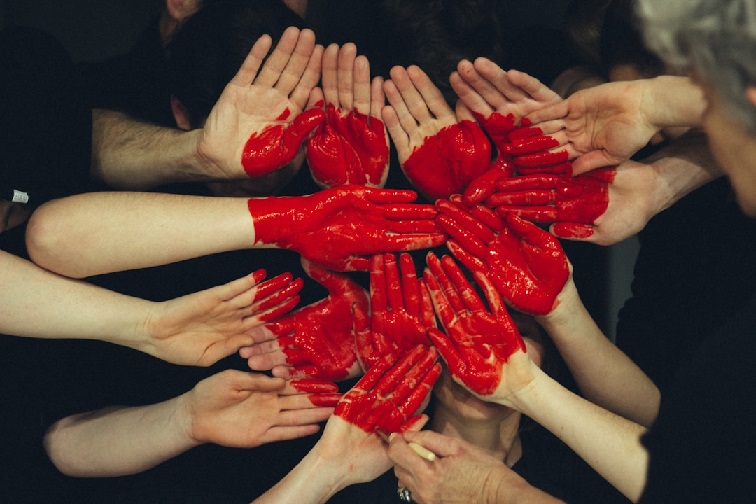The repercussions of a drunk driving accident are vast and life-altering, not just for those directly involved but also for their loved ones. The immediate effects are often visible and urgent, ranging from physical injuries to legal proceedings. Below, we explore how victims and their families are affected and how they can navigate the aftermath of such a devastating event.
Financial Implications
The financial fallout of a drunk driving accident can be as crushing as the physical injuries sustained. Medical bills begin piling up when emergency services are called, extending to hospital stays, surgeries, medications, and long-term care needs. These expenses can place an immense strain on victims and their families.
Loss of income exacerbates the financial strain, especially if you are the primary breadwinner. Being unable to work due to injuries can lead to a loss of income, destabilizing your family’s financial situation. Bills and everyday expenses won’t wait for you to heal, adding stress to an already fraught situation.
You could seek compensation through legal channels to offset the financial burdens. This involves pursuing claims against the drunk driver’s insurance or civil action. For example, an Illinois drunk driving lawyer could help seek damages for medical costs, pain and suffering, and other related expenses.
Long-Term Physical Injuries

The spectrum of physical injuries from drunk driving crashes ranges from minor to catastrophic. Survivors may deal with broken bones, traumatic brain injury, or paralysis that can forever change the way they live. The journey to recovery is long and includes surgeries, rehabilitation, and adapting to potential disabilities.
Some injuries may not be immediately apparent and can manifest days or weeks after the accident. The discovery of such injuries can be disheartening to victims who might have believed they escaped the crash unscathed. Chronic pain and complications from these late-presenting injuries can further complicate recovery.
Physical therapy becomes a part of many victims’ routines, a regimen that is often time-consuming and challenging. The emotional toll of physical recovery can exacerbate the distress that victims are already feeling.
Legal Challenges
Legal recourse is essential for many victims seeking justice and financial relief. However, the legal system can be overwhelming for those who are already dealing with trauma. It would be best to familiarize yourself with the statute of limitations and other legal principles, which dictate the timeframe and manner in which you can pursue action.
Filing insurance claims is often the first challenge encountered. This requires a thorough understanding of policy details and negotiating with insurers adept at minimizing payouts. The process can be arduous and disheartening, especially when insurers undervalue your suffering.
Should a case proceed to trial, you must be prepared for a public recounting of the incident, which can be invasive and painful. The testimonies and cross-examinations will go into personal details and can feel like reliving the trauma. With the support of empathetic legal representation, you can approach this process with greater confidence and a sense of empowerment.
Community and Support Systems

Community support systems play an important role in the healing process for victims and families. Local support groups offer a place for victims to share their experiences and find solace in the company of others who understand their struggles. These groups can be a beacon of hope, providing emotional comfort and practical advice on coping strategies.
Advocacy groups are integral in transforming personal tragedies into broader social change. They work tirelessly to raise awareness about the dangers of drunk driving and push for stricter laws and enforcement.
Communities can also offer emotional support. Fundraisers, charitable donations, and volunteer services can alleviate some of the burdens faced by families dealing with the aftermath of an accident. This also reinforces the sense of solidarity and compassion within the community.
Altogether, the implications of drunk driving accidents extend far beyond the event itself, causing a domino effect of emotional, physical, financial, and legal challenges. It’s important to access comprehensive support systems, seek justice through legal avenues, and engage with communities for healing.


